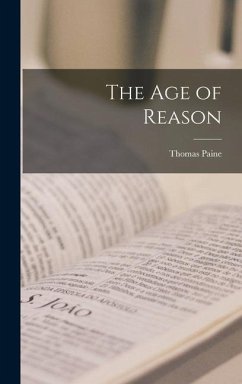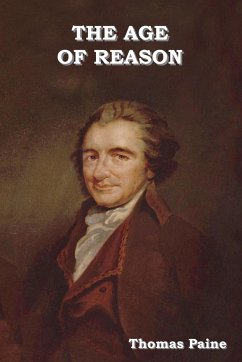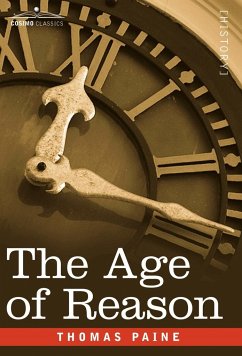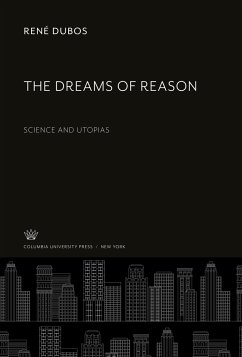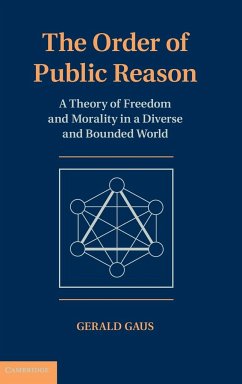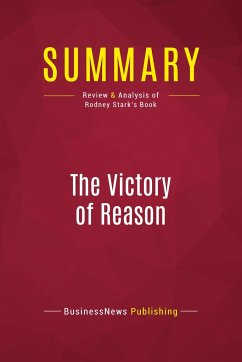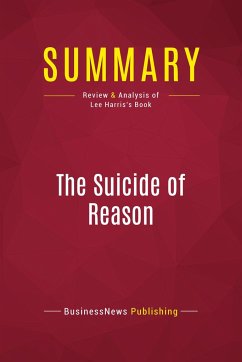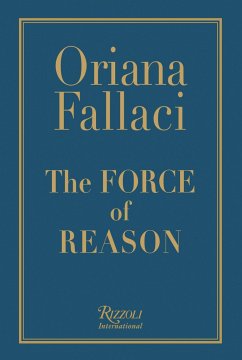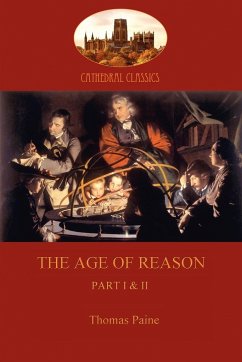
The Age of Reason
Part I & II
Versandkostenfrei!
Versandfertig in 1-2 Wochen
11,99 €
inkl. MwSt.

PAYBACK Punkte
6 °P sammeln!
Thomas Paine was Deist, a believer in God, but highly critical of priests and appeals to the authority of holy books. 'The Age of Reason', written over two hundred years ago, sets out to examine the Christian bible critically and logically, an act of considerable bravery given the power of the Christian Church in those times. The work was outlawed in Great Britain as potentially seditious and liable to upset the social balance of the country, but it became a runaway bestseller in America. Many of Paine's criticisms and analyses remain relevant today and the book has become a classic in the lit...
Thomas Paine was Deist, a believer in God, but highly critical of priests and appeals to the authority of holy books. 'The Age of Reason', written over two hundred years ago, sets out to examine the Christian bible critically and logically, an act of considerable bravery given the power of the Christian Church in those times. The work was outlawed in Great Britain as potentially seditious and liable to upset the social balance of the country, but it became a runaway bestseller in America. Many of Paine's criticisms and analyses remain relevant today and the book has become a classic in the literature of Free Thinking.





